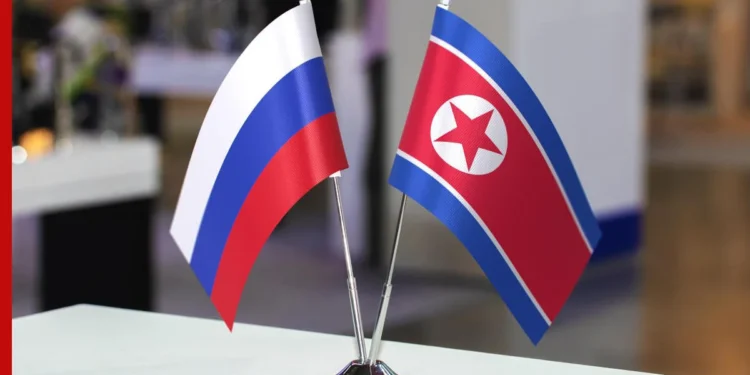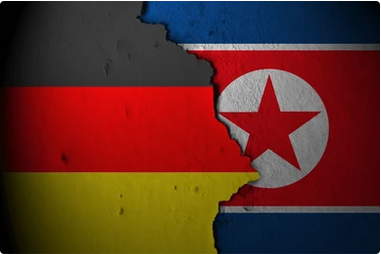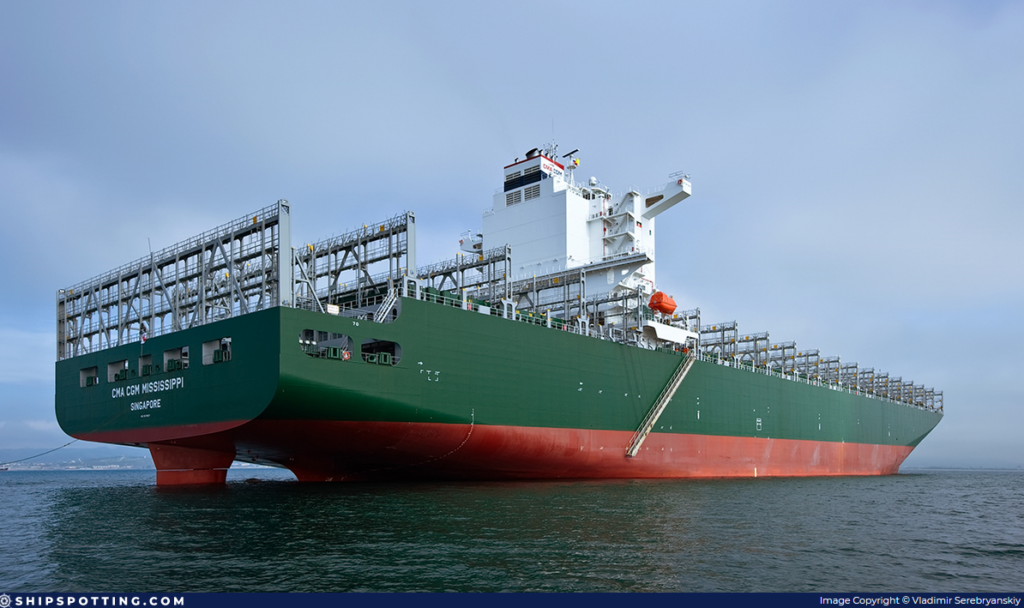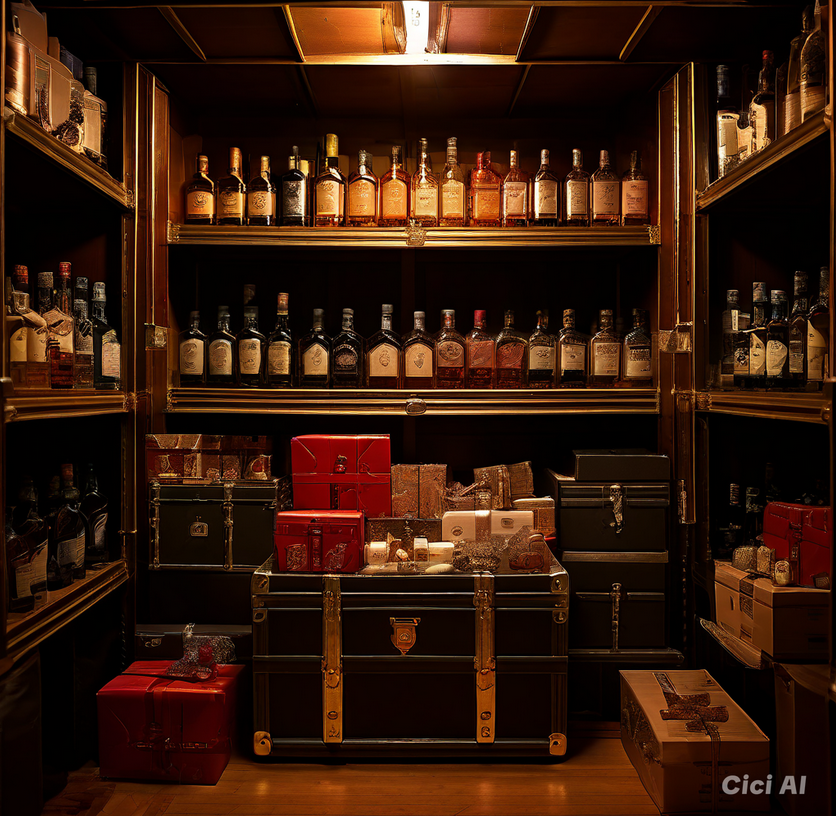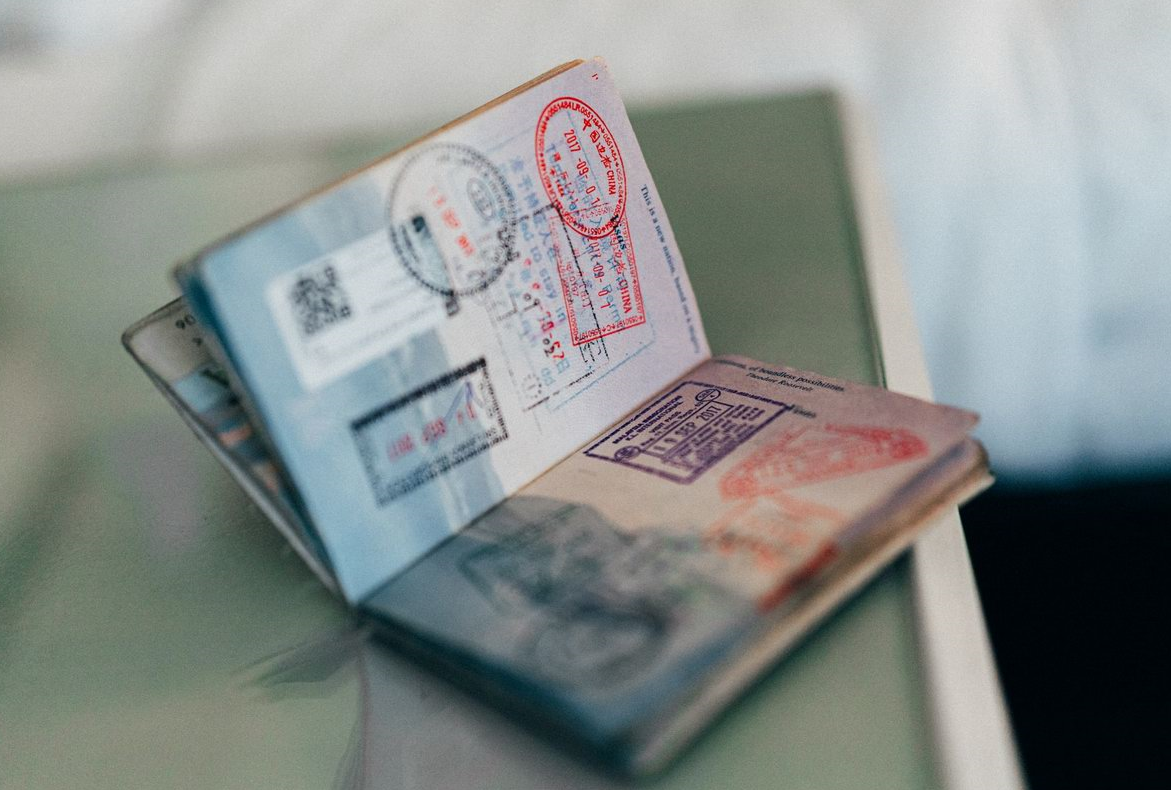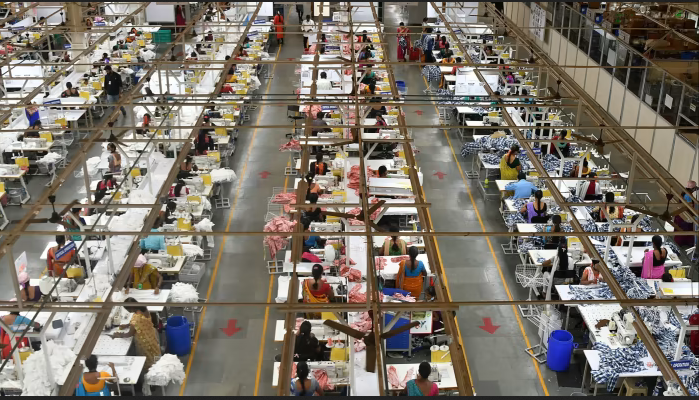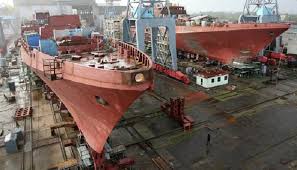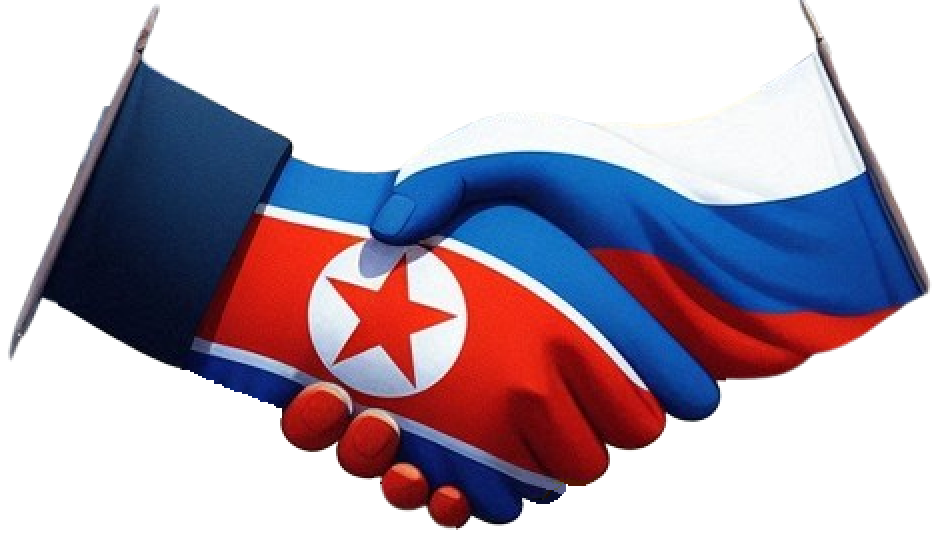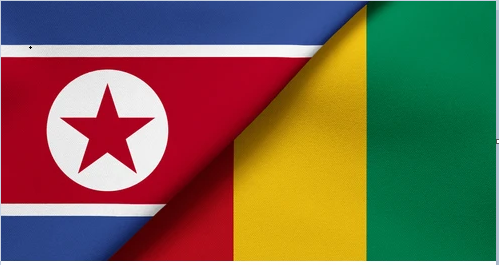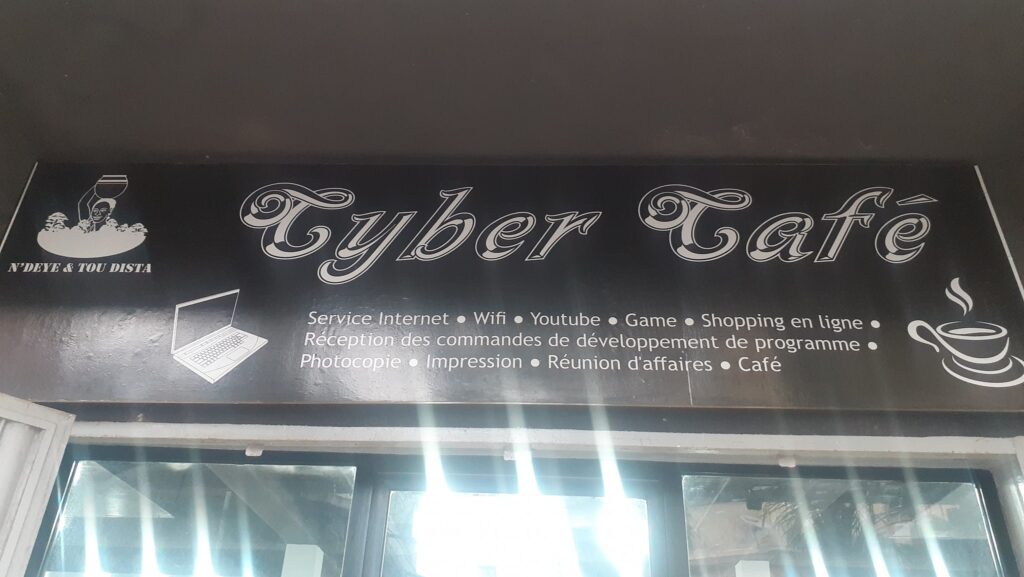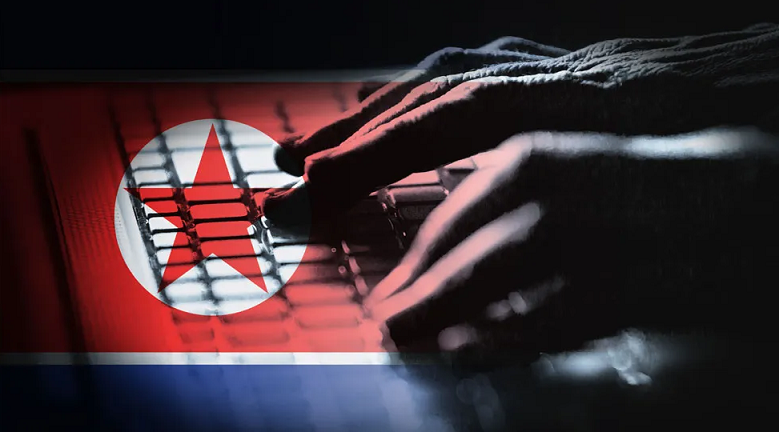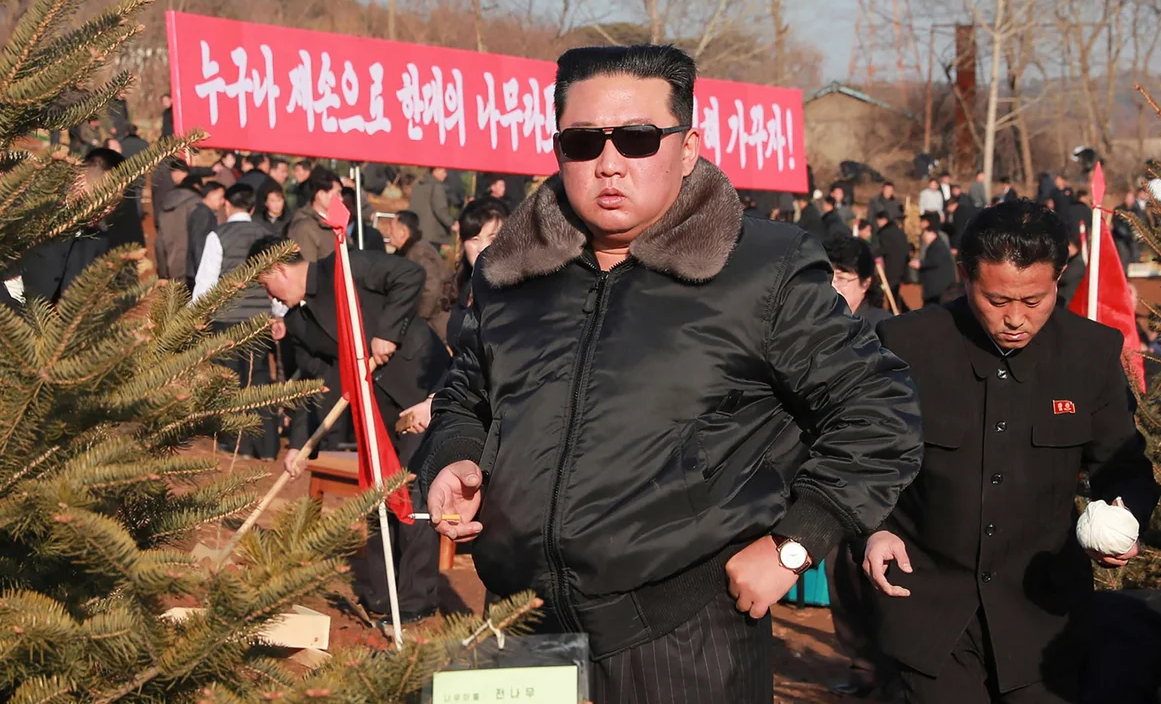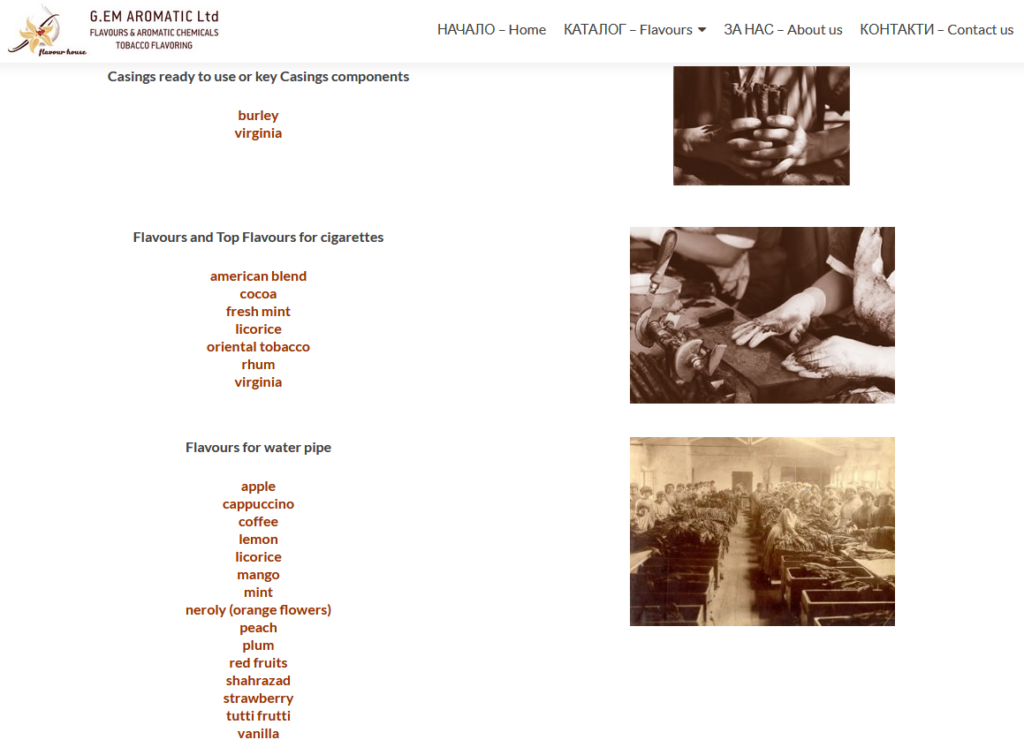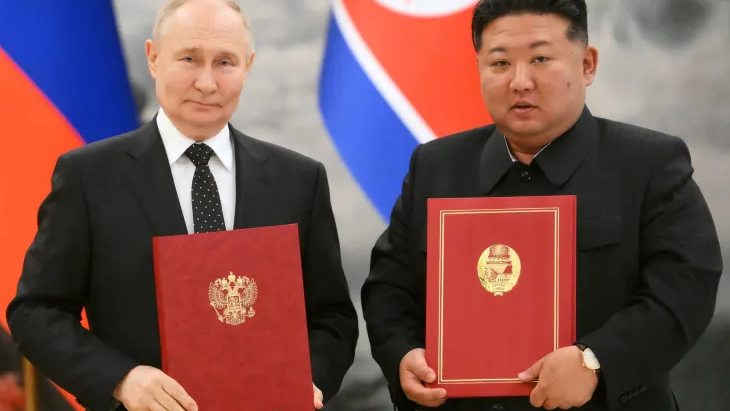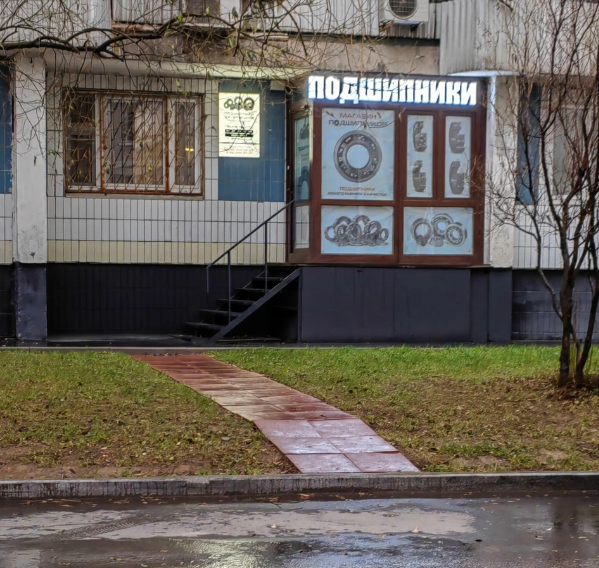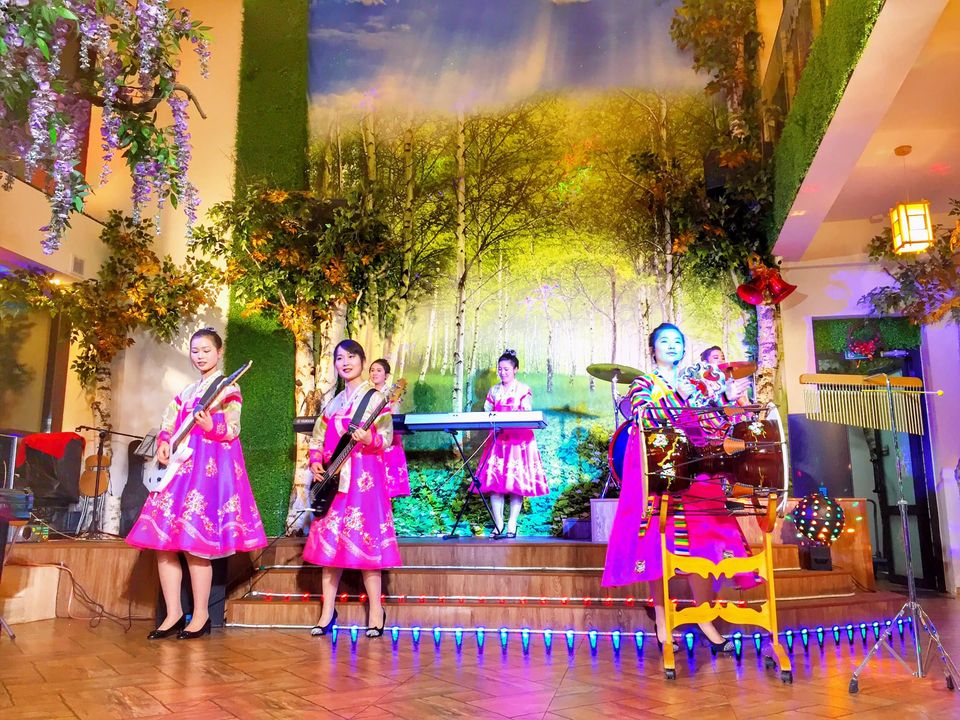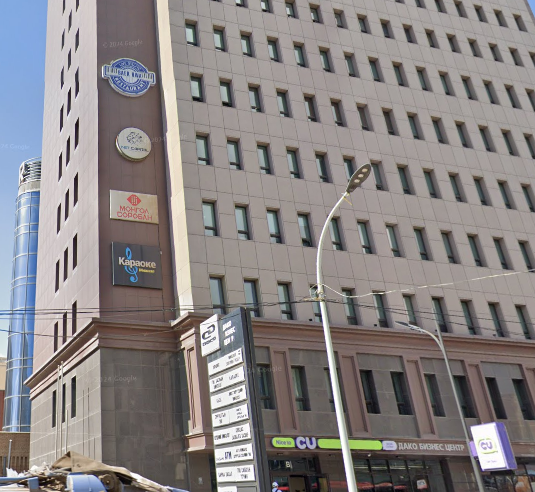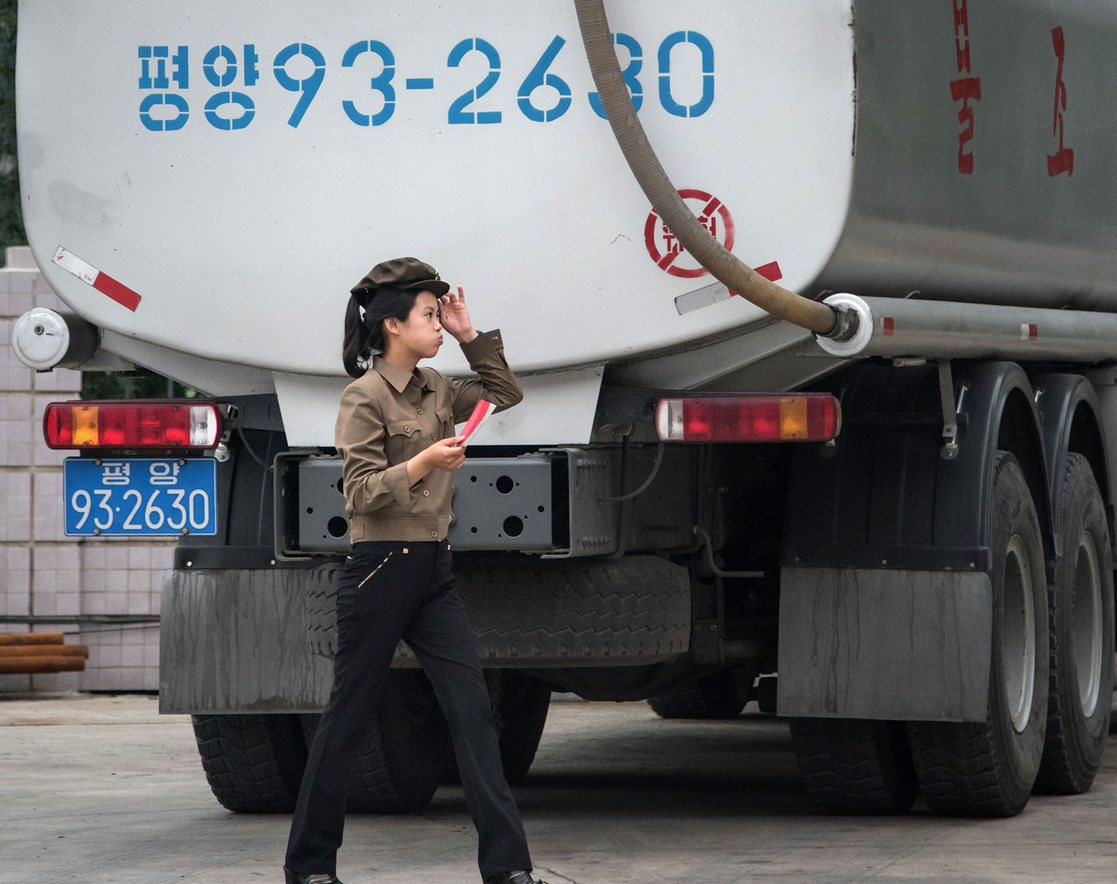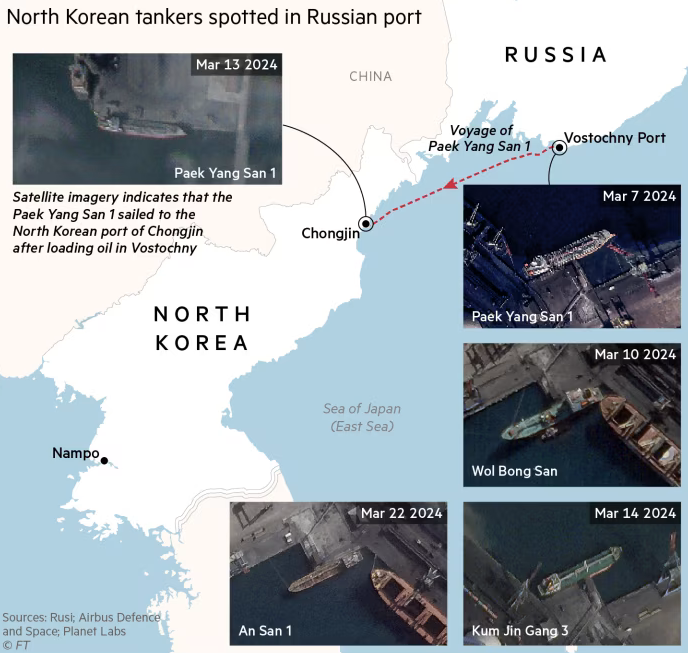It is well known that Russia are not afraid to break sanctions to support there relationship with North Korea and benefit themselves. This is especially true for the exportation of Russian oil. UN Sanction 2397 states the cap on the amount of refined petroleum products that can be exported to North Korea was reduced to 500,000 barrels which is approximately 79,000 tons.
Evromarket LLC oiling the wheels of sanctions evasion
We understand that DPRK Kangguk Trading General Corporation has a plan to order 200,000 tons of Russian diesel fuel through Russian company Evromarket LLC with deliveries of 20,000 tons per month in 2025. This is over two and a half times more than sanctions allow! Last year, Russia shipped 165,000 barrels of refined petroleum to North Korea in March alone and more than a million barrels from March to November. No wonder why they vetoed the renewal of the mandate’s renewal! Evromarket LLC is a new name for Russian company Southern Railway Expedition and is likely a Russian state-owned company, so it is highly likely to avoid international criticism on supplying fuel to DPRK. According to open source, Evromarket LLC offers transportation services as well as being a wholesaler of food products and “wholesale store of perfumes and cosmetics”. Funnily no mention of their part in importing oil to North Korea!
Oil exportation benefits both Russia and DPRK
North Korea’s tanker fleet has been shipping sanctioned products from Port Vostochny to Nampo since March 2024 making over 40 visits and seen via satellite imagery to be repeatedly loading at the oil terminal. Last year it was believed Russia shipped across over 1 million barrels of oil to North Korea, which would be ten times the amount of the previous year. We wonder how much oil will be shipped across in 2025?! We at Pyongyang Papers hope the new US, South Korea task force are able to block these shipments! Although many sources suggest the oil is return for North Korean soldiers being sent over to the conflict with Ukraine, the US treasury have done press releases to highlight banking entities being sanctioned and how Russia are helping to fund DPRK’s Weapons of Mass Destruction in return for troops. Alongside this evidence and the fact that Russia are struggling to find buyers for there materials we believe troops and oil are two separate transactions.
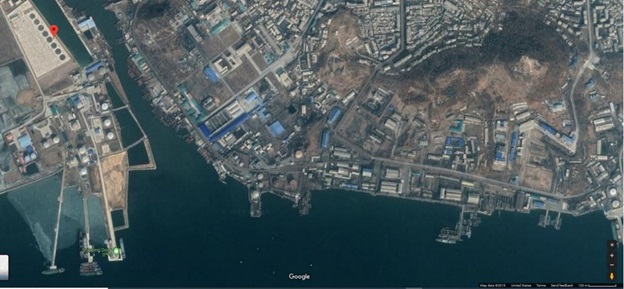
We are always keen to hear from our readers, please get in contact if you have any information around oil imports to North Korea and about any of the companies named in this article.

